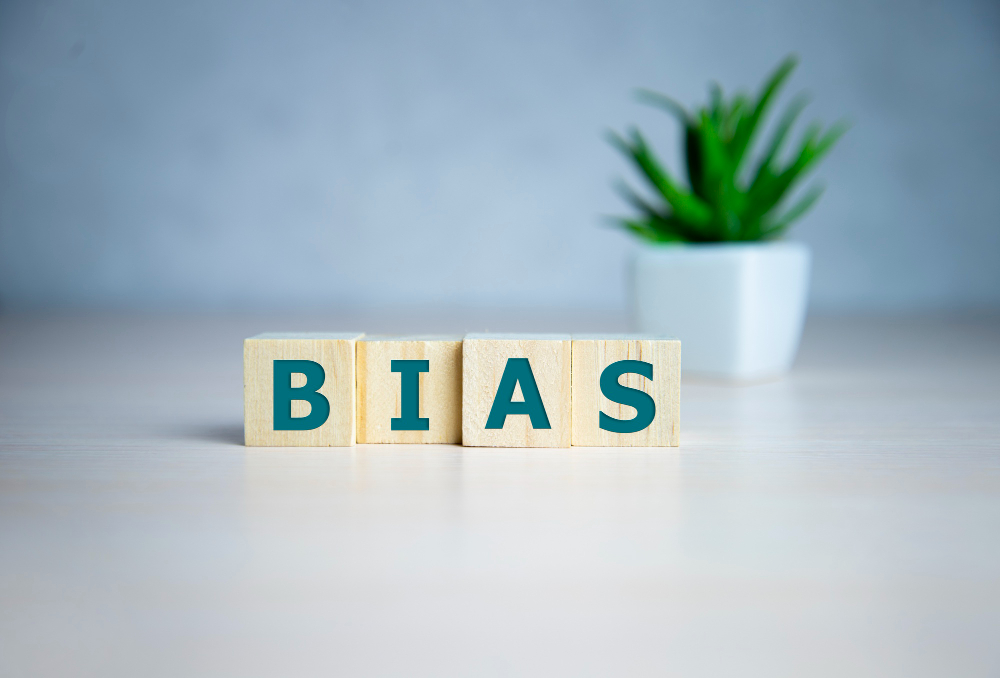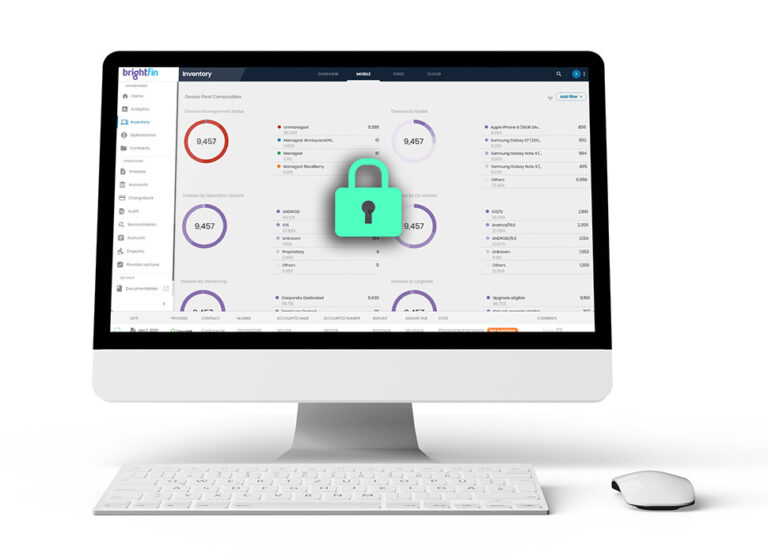What’s your bias got to do with me?
Over the next few blog posts, we’ll be discussing how bias plays a role in every human’s life. Because telecom expense managers, wireless cost analysts, directors, vice presidents, and project managers are all human, they’re all subject to the same kinds of bias. We’ll start with Confirmation Bias, followed by Survivorship Bias, and finally the Halo Effect. We always do our best when we know what we’re working with. In this case, knowing our intrinsic biases will help us deliver better quality to our customers.
Looking at our “biases” in wireless analysis and reporting
Chances are, you’re doing a pretty good job of keeping wireless costs optimized for your customers. That’s why they continue to pay you. That’s good, very good, but our business environment demands that successful vendors provide consistently increasing returns to their customers, or they will be replaced by competitors or alternative approaches. An important aspect of this process, which you may not have considered, is how basic human cognitive biases might be affecting how you conduct your business. Numerous psychological studies over the years demonstrate a consistent and powerful idea — the human mind is filled with biases. We’re not talking about liking ice cream better than asparagus, or that we might be less likely to trust someone with blond hair. These biases are fundamental processes that affect the way that we think. As a provider of TEM services, these biases affect how you do your work, including how you generate reports, and the ways that you acquire new customers. In the next few topics we’ll take a look at biases, and how they may be affecting your work, your bottom line, and your customers’ return on investment.
Confirmation Bias
David McRaney, author of the book “You Are Not So Smart” and the podcast by the same name, discusses confirmation bias. The idea that our opinions are formed over years of thoughtful objective analysis is totally untrue. To the contrary, we seek out information which confirms what we think we already know, and ignore information which challenges those beliefs. Confirmation bias is easily illustrated by looking at how people usually settle online disagreements. When we search for information to show the ignorance of the person disagreeing with us, we will usually skip over search results which directly contradict our expressed point of view. This is confirmation bias – ignoring evidence which goes against our established beliefs. How then does confirmation bias affect our ability to accurately report on, and make changes to, our customers’ wireless programs? Because we have developed expertise in the field, we believe that our opinions are rational and objective. As a result, we are more likely to dismiss contradictory data or results. For example, for most of the last decade, voice pools offered one of the best options to keep costs down for high-volume customers. Now, data has replaced voice as the most effective pooling option. Just because I can prove out optimization savings using voice pooling methods, doesn’t mean it is the best option for my customer. The degree to which I use old school logic to prove my methodology demonstrates my confirmation bias – I’m looking for data to show that voice pooling will demonstrate savings for my customer. It’s important to say that confirmation bias is a function of how most people in the world think – and it’s hard, if not impossible, to stop. We can seek out other information sources, though, when we’re getting ready to present our cases. I’ll shamelessly plug brightfin when considering how to help TEM/WEM administrators be as comprehensive as possible. You don’t have to agree with the recommendations provided in the brightfin report, or even take action on them. But you’ve introduced a new information source into your thought process to make sure your clients get the best service they can, that you do the best job you can, and that you outperform your competitors.



